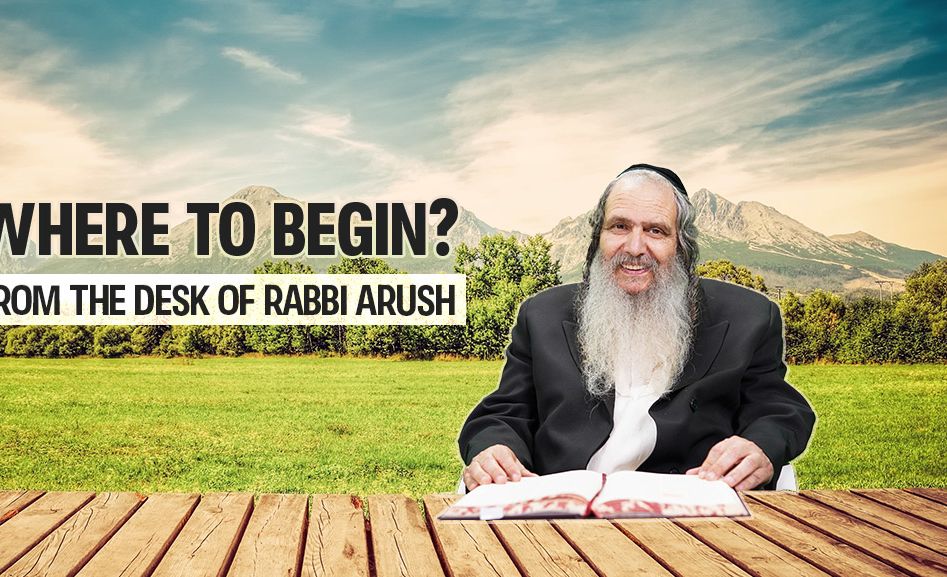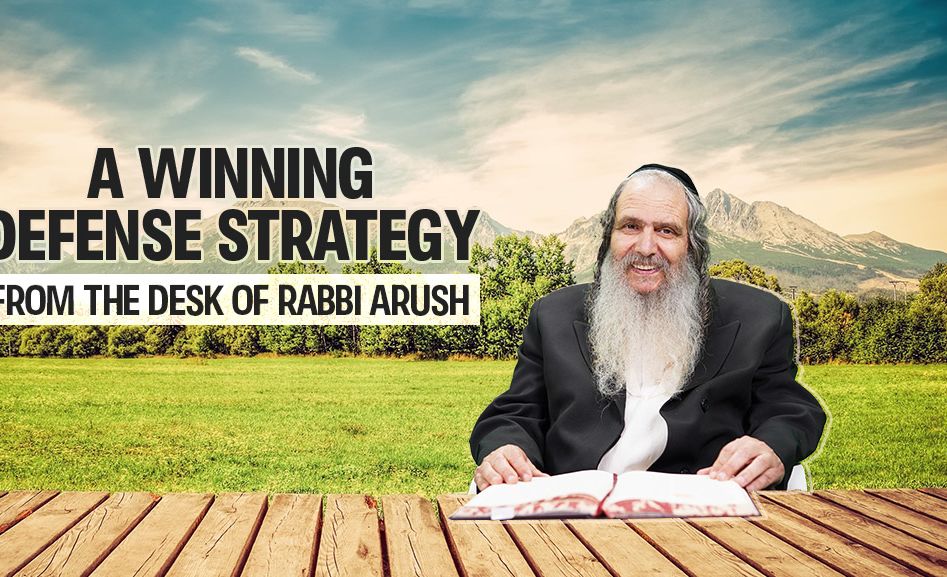
Gratitude or Requests?
How do we solve the apparent contradiction of being happy with our lot in life and thanking Hashem, then turning around and asking for more than we have?

Hey Pinney,
I hope this email finds you well. I just wanted to reach out and ask you about something that I am personally struggling with. There are very few people in our community that this would even make sense to, but I know you are among them.
First of all, I can attest to the sweetness of hitbodedut (personal prayer), as I know you can as well. We know gratitude to Hashem is the ultimate sign of Emuna; we are completely giving our will over to Hashem, thanking Him for our situation and all of the many blessings He gives us every single hour. I could keep building on this concept, but I know it is not necessary.
What I am struggling with is a massive mental contradiction. How can I thank Hashem for my current situation and all the blessings I receive on an hourly, daily, etc. basis and then immediately ask for Him to change it? Praying for personal requests is something so inherently different than gratitude. I recognize that to be a Jew is to live with an inherent contradiction. But let’s talk tachlit (practical application) – in your personal prayer, how do you switch gears? Do you just dedicate a fixed amount of time to gratitude and then tell yourself, now I am switching from gratitude to requests? It’s something I am trying to work through and I thought you might be able to shed some light. I asked Rav Lazer Brody this question and his answer was to thank for the past and pray for the future.
Thanks for your help,
Moshe (name changed for privacy)
Hey Moshe,
Thanks for your letter and questions. I can totally relate to your conundrum.
I’ve had and have my struggles with bitachon (trust in Hashem) in finances for a while now. Obviously, I was involved in a lot of hitbodedut to rectify the problem. Half of me was requesting while half of me was trying to accept my situation and be happy with my lot. The punchline just for me in my situation was that I realized that all of my lackings were actually my fault!! Hashem eventually illuminated my mind to see that  all my troubles were due to my own poor financial risk taking and living outside of my means!
all my troubles were due to my own poor financial risk taking and living outside of my means!
Rabbi Brody says how Hashem wants to bestow upon us everything but we need to be the proper vessels to receive His divine light. I understand this to mean that if I don’t have proper humility, Emuna, trust, and a whole lot of other great spiritual characteristics, then success in any of my endeavors will be detrimental to me and my mission here on Earth in getting to know Hashem, learn Emuna, and do His will.
Therefore, when I thank Him for what I have, it’s a statement of trust that I know He’s giving me both everything that I need and everything that’s best for me NOW at my current level. Anything I’m lacking NOW, a bigger house, nicer car, more income, even more prayer! wouldn’t be good for me to have. That’s why I don’t have it.
So when I ask for things in the future, I try to have intent or even better, I try to phrase my prayers in a way that I’m asking Him to improve me so I can be a proper vessel for His abundance. An example of this was like I said earlier, I realized that a lot of my financial troubles were due to my poor choices, living beyond my means, and taking huge risks that caused me huge losses. So I thanked Hashem for my troubles because without them, I’d never have realized all the mistakes I made in my finance handling. And I started praying that He teach me to live within my means and spend more on my wife and kids, and spend less on myself (learnt in The Garden of Peace). I asked for help with my material lusts that I not spend money on things I don’t need. And I prayed He should help me with my income shortcomings not based on my merit but on the fact that my wife and kids shouldn’t suffer or be deprived because of my mistakes (learnt in The Garden of Riches). I asked that He help me be the main provider, not to be lazy, and to never begrudge my wife of her needs or of what she’s promised in the marriage contract ketubah (more from The Garden of Peace).
I could go on. The point is, the more I improve myself in financial responsibilities, the more I can be trusted to handle larger income. The more I pray, the more I’m capable of attributing success and income from Him. This makes me a better, bigger vessel for Him to put abundance into.
I hope that helped.
All the best,
Pinney












12/07/2016
Gratitude vs requests
Hi, I enjoyed your response but I still don't see how that answered the question of howhether can we thanks Hashem for our shortcomings but at the same time ask Him to remove them and ask for more? Thanks
12/07/2016
Hi, I enjoyed your response but I still don't see how that answered the question of howhether can we thanks Hashem for our shortcomings but at the same time ask Him to remove them and ask for more? Thanks